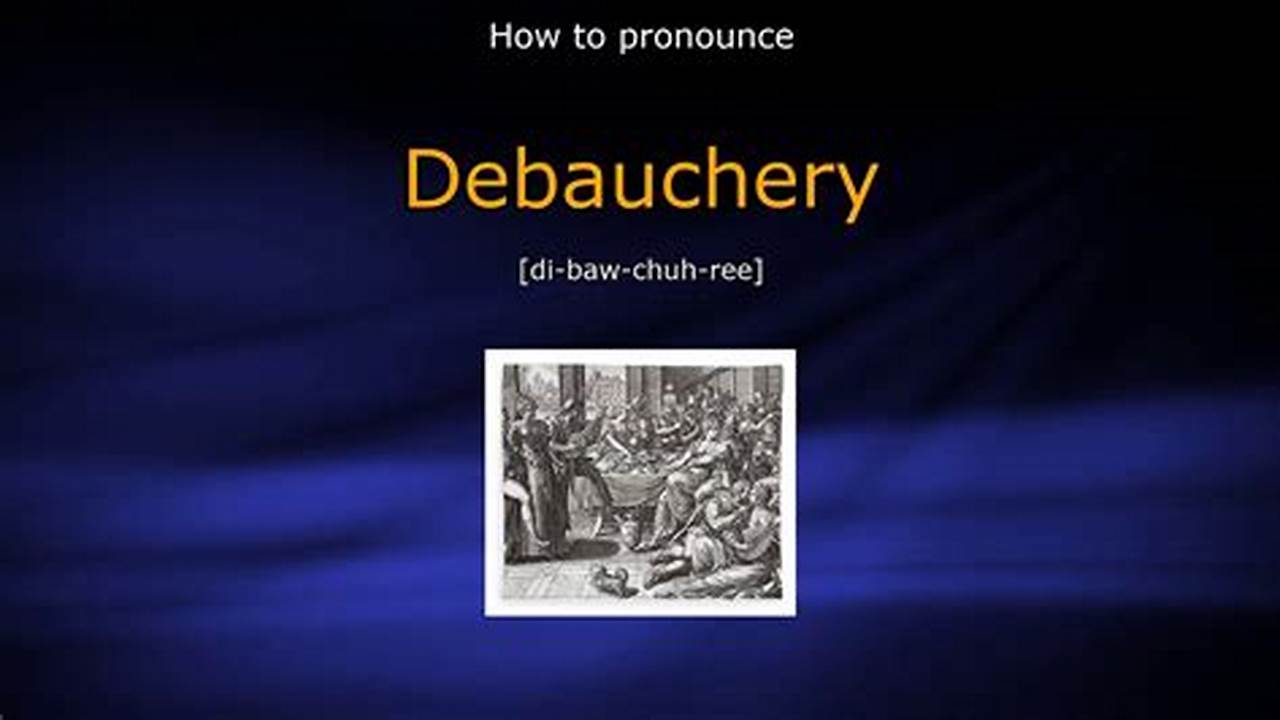
Duodenum is the first part of the small intestine. It is a C-shaped organ that is about 25 centimeters long. The duodenum receives food from the stomach and mixes it with enzymes from the pancreas and bile from the liver. These enzymes and bile help to break down food so that it can be absorbed by the body.
Knowing how to pronounce duodenum is important for medical professionals and students. It is also important for anyone who is interested in learning more about the human body.









